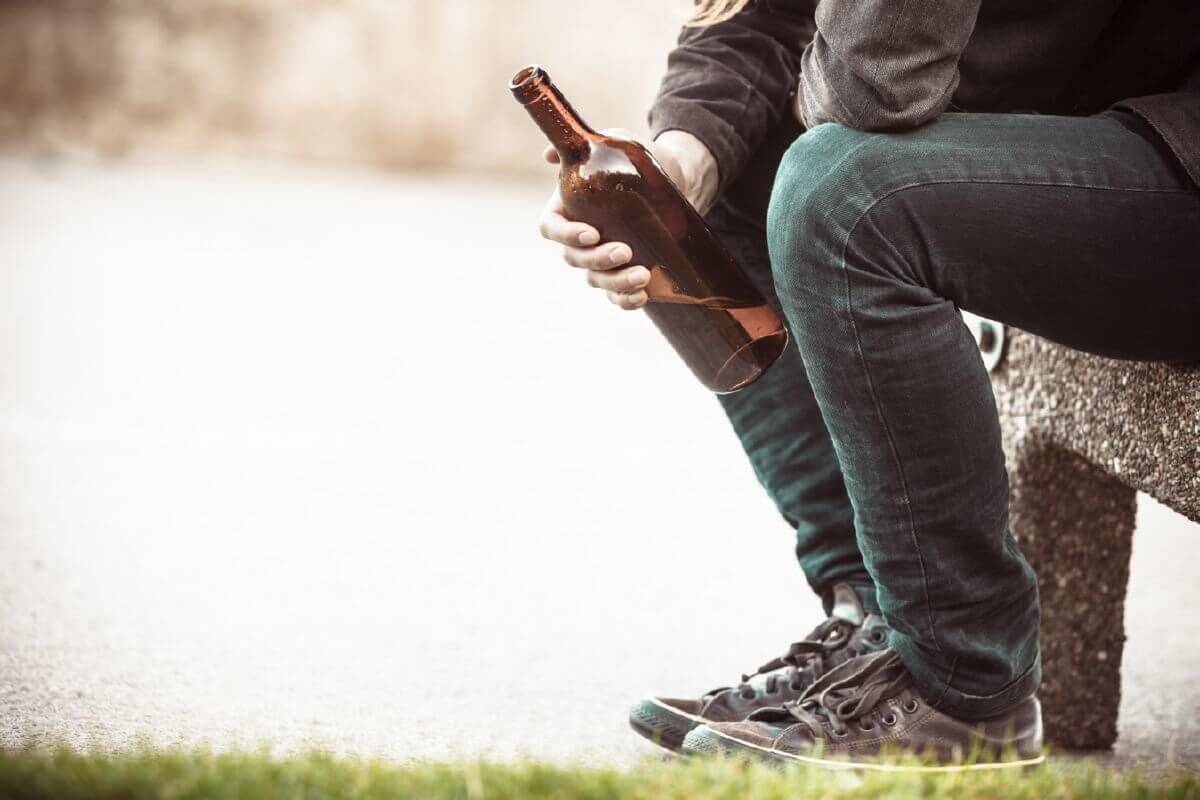Al-Anon History
If there is a person that you know who is an alcoholic and needs help, Al-Anon is one of the most effective groups of helping the achieve that. These gatherings provided much-needed support and healing.
Al-Anon was founded in 1951 with the aim of providing support for those affected by alcohol abuse by loved ones. 16 years after Bill W founded Alcoholics Anonymous (AA), Al-Anon was founded by Lois W. his wife and Anne B. She formed an organization for people similar to her, after confronting the hardships of assisting a recovering alcoholic in her own life. Al-Anon is an organization self-supported through member donations. The meetings aim to help members cope with and know how to support and help their loved ones fighting alcoholism.


The Effects On A Family Due To Alcoholism
Since it has a deleterious influence on both the drinker and those around them, Al-anon treats the disease of alcoholism as a family illness. For an alcoholic to recover, they need the support of friends and family.
Helping the addict recuperate should be the main concern of the family members and the friends. Meetings deal with these issues and make members understand that alcoholism is a family illness.
Alateen- Al-Anon For Teenagers
The youth are also affected by alcoholism in their family, so Al-Anon has formed a wing to help the youngsters called Al-teen.
Such meetings allow youngsters to meet with others of the same age, making their experience more relatable and efficient.
The Benefits Of Attending An Al-Anon Group
Alcoholism has affected many people directly and indirectly and you will meet these people in this program. Despite every individual being different Al-Anon commonly had interrelated experiences within their struggles. The main advantage of Al-Anon is searching people who have had similar experiences to talk to. Al-Anon meetings are held all over the country. There is always an Al-Anon program near you and you just need to get in touch with us on 0800 246 1509 .

What You Should Anticipate From A Meeting
Al-Anon meetings are open for anybody who is affected by someone else's drinking habit. You just need to identify whether the alcoholism of a particular individual is concerning you and make it known it is affecting your lifestyle, and rest assured that Al-Anon can provide the assistance you need.
The outcomes of these meetings is what scares some people from coming. What you must remember when you attend an Al-Anon meeting
- Al-Anon is an anonymous group, and this can be considered as extremely important
- Everyone in that room is affected one way or another by the alcoholism of a friend or family member
- While members are encouraged to speak up and discuss their problem, they are under no obligation to do so
- Different Types Of Meetings Are Held For Everyone
- Some may be more beneficial for you than others.
- There is no religious base for Al-Anon
- The meetings are concentrating on the 12-step program which has been designed by Al-Anon
The Al-Anon meetings work on the "take what you like and leave the rest" philosophy The members get to go about their own personal experiences.
Al-Anon 12 Steps
The recovery stages are outlined before the meeting starts. The Alcoholics Anonymous started the 12 step recovery program that is being used in the Al-Anon meetings. Al-Anon members start with a sponsor who assists them work through the steps and who is ready for help in times of difficulty, mostly similar to AA. These steps are
- We admitted we were powerless over alcohol that our lives had become unmanageable.
- Al-Anon members are taught that alcoholism is a disease they cannot cure in another person.
- Came to believe that a Power greater than ourselves could restore us to sanity.
- Pretty often members try to change or control their significant others and drive themselves to the verge.
- When they understand they cannot do anything to change their loved one, people are now able to accept they can relax and let go for their peace of mind.
- Made a decision to turn our will and our lives over to the care of God as we understood Him.
- A key step to the program and acceptance of learning to let go.
- Carry out a thorough and undaunted moral inventory of ourselves.
- Self-discovery is an essential component of the steps, and this is the start of that.
- Attendees have the option of creating a list of how they could have wronged themselves or their loved ones with examples like threats issued, Etc.
- Admitted to God, to ourselves, and to another human being the exact nature of our wrong doings.
- Thats a study of each listing in the group members moral inventory, which enables them to delve into each problem.
- Were entirely ready to have God remove all these defects of character.
- Spiritual help is recognised as one way through which they can be helped.
- Humbly ask him to remove our shortcomings.
- When they reach This point, the member can realize the part they played by judging and trying to control their loved ones which could have driven them into more drinking.
- Made a list of all persons we had harmed and be willing to make amends with them.
- Most often making amends begins with yourself.
- Most people believe they caused their loved one to start drinking.
- They must agree to pardon themselves and make amends.
- Made direct amends to such people wherever possible unless to do so would injure them or others.
- After you are willing to make amends, the following step is to act on it.
- Continued to take personal inventory and when we were wrong promptly admitted it.
- Going through the 12 steps is a process which will take time.
- Though a member made a list of things they did wrong, sometimes you may find yourself repeating some things.
- Step 10 identifies this is an ongoing process.
- Sought through prayer and meditation to improve our conscious contact with God as we understood Him, praying only for knowledge of His will for us and the power to carry that out.
- Self acceptance is the major key to all the stages of recovery.
- Having had a spiritual awakening as a result of these steps we tried to carry this message to others and to practice these principles in our affairs.
- The last step includes perception that the persons journey is not over yet.
- After this, group members are encouraged to support others by sharing what they have already learned.
A Greater Understanding Of The Higher Power
Although Al-Anon's program is not a religious one, members do experience insights into higher power. The term "higher power" is, however, open to interpretation according to the personal beliefs of individuals. Members of all religions and beliefs are accepted at Al-Anon and none is coerced to change their beliefs.
